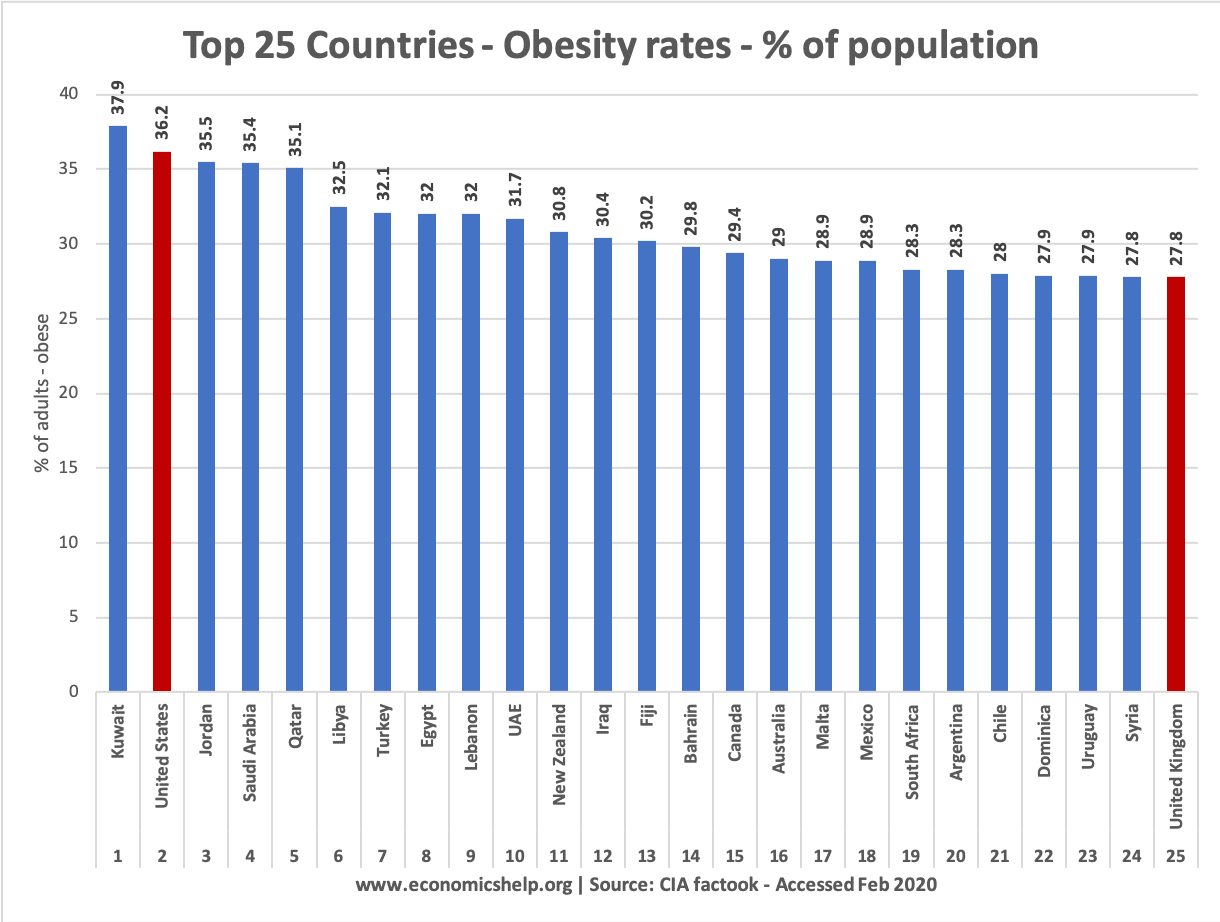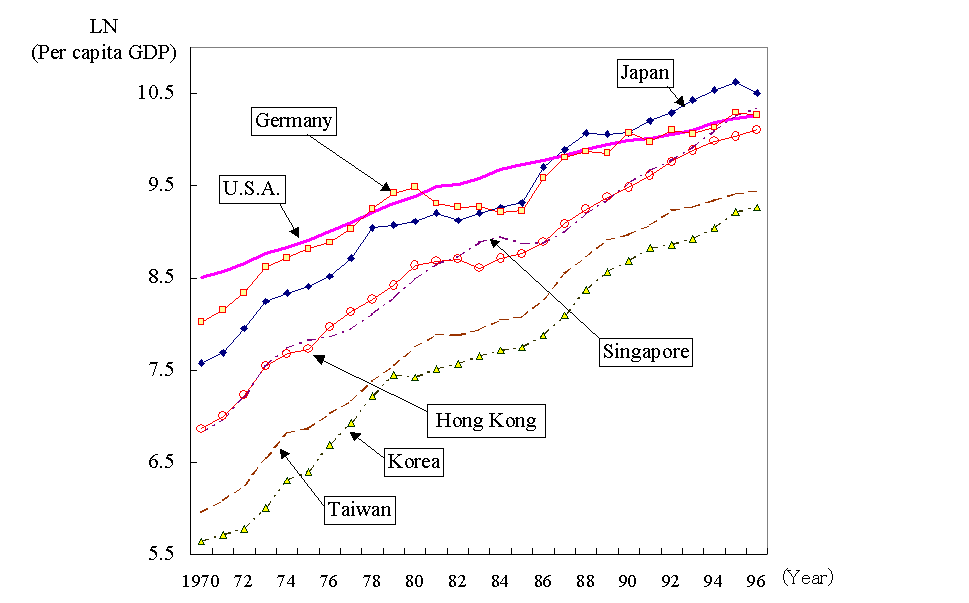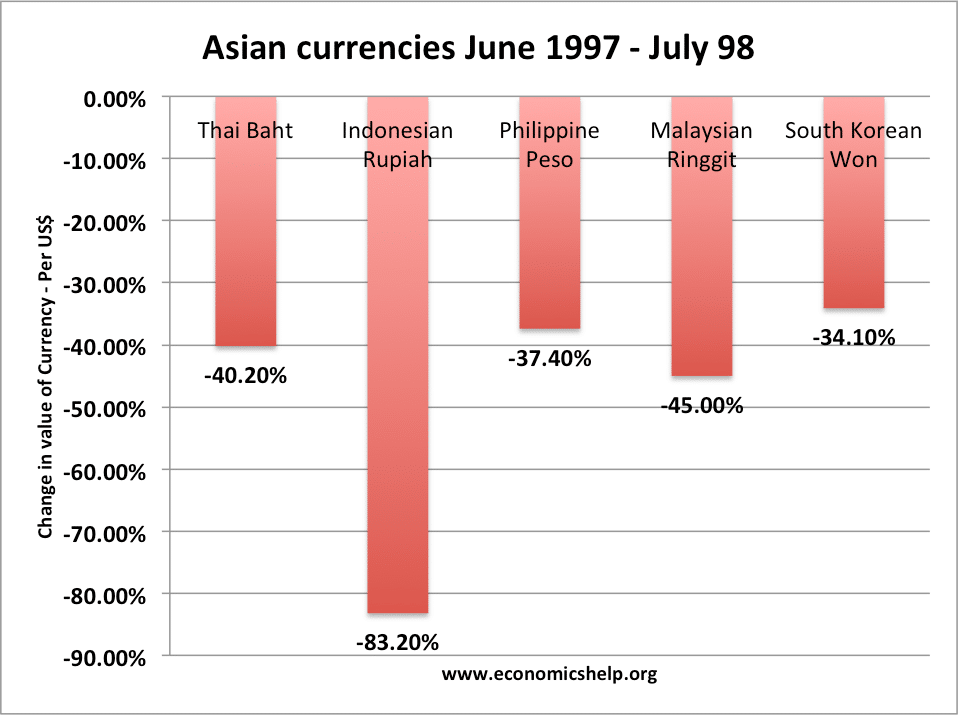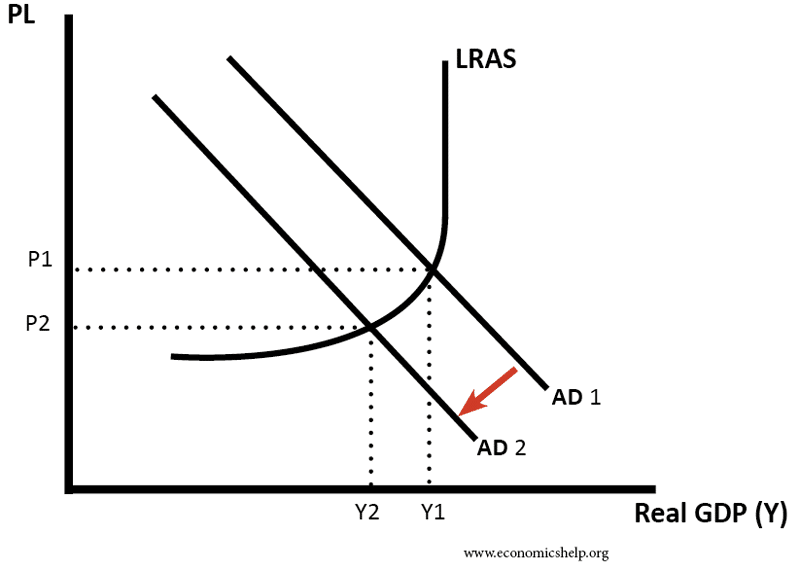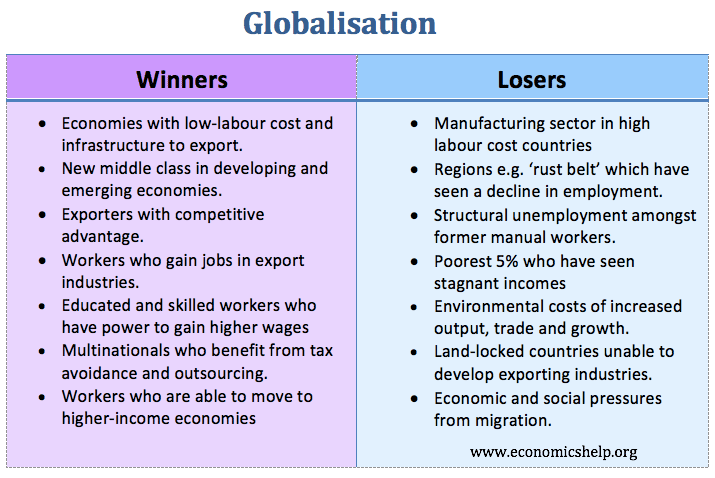Highest and lowest rates of obesity in the world
The highest rates of obesity in the world are found in the small pacific islands, Nauru, Cook Islands with close to 60% of the adult population meeting definition of obesity as measured by the BMI (body mass index) Excluding these small pacific islands (with very small population) the greatest levels of obesity are found in …

